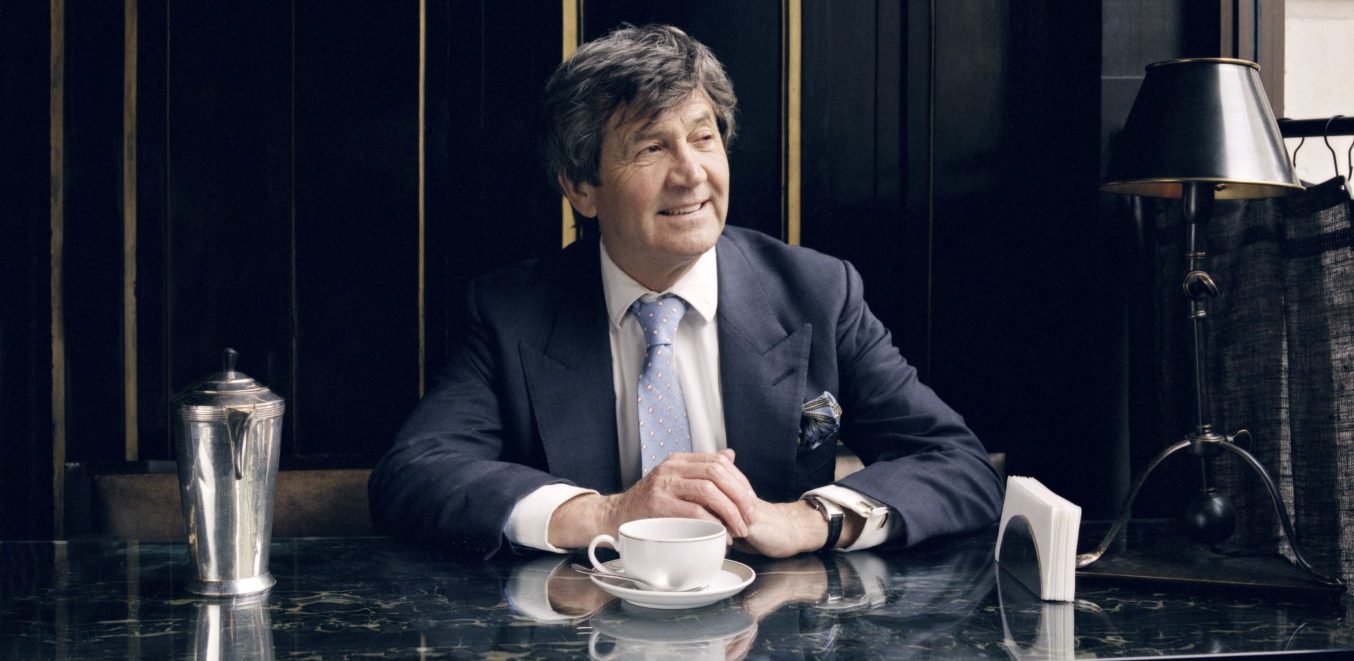History at your fingertips: BBC’s In Our Time
Imagine having the whole of history as we know it at your fingertips. That must be how In Our Time’s host Melvyn Bragg feels after having hosted the programme for nearly a quarter of a century. Starting in 1998 as a show on BBC Radio 4, it continues to air every week on a Thursday while also reaching a wider audience as a podcast through all the usual platforms. I was introduced to it by my GCSE history teacher as something to do over the long break when the Coronavirus pandemic abruptly ended my time at school to keep my mental cogs turning before I began A levels. My first impression was amazement at how long it had been running; it hadn’t even occurred to me that podcasts were this old as a medium. With all of its Radio 4 airs and graces, it was also far more formal and highbrow than anything I had approached at that age, so listening to it made me feel like the world’s most intellectual 15-year-old. Little did I know that this show would continue to follow me throughout my academic life, becoming a handy revision resource for my A Levels and a regular feature on my seminar reading lists.
There is bound to be something of interest for everyone
But to me, In Our Time is more than a bland means to study my course content. It often becomes my go to listen if I’m feeling indecisive because it always has something unique or unexpected to offer. Within the next few weeks, it will reach the milestone of 1000 episodes, ranging from prehistoric periods like the Cambrian Explosion to the prevalently modern issue of artificial intelligence. If you have a specific niche that you want to explore, the website categorises them into periods and subject areas, such as history, culture, philosophy, and science. There is bound to be something of interest for everyone here when you consider how long the show has been running. However, even Bragg’s extensive tenure as host can barely scratch the surface that the whole of the past has to offer, so I have high hopes for the show’s longevity.
The premise is basic but time old. Bragg holds a seminar focused on a specific subject area with three academic specialists. It can be a fun game to track down your tutors and lecturers, many of whom from relevant departments may have made an appearance at one time or another. They often feel similar to my own seminars, just without the pressure of actually having to contribute myself. Bragg usually leads by asking each guest questions that evoke extensive answers and opinions which later get agreed with or disputed by the others. Within this framework, it’s easy to get a comprehensive understanding of the topic in a relatively short amount of time.
It’s always been astounding to me how well prepared and informed he is
Bragg really dominates each show, which is impressive when you consider how much academics always have to say on their areas of expertise. He doesn’t hesitate to butt in with extra questions, or even to challenge the experts on something that they’ve just said. It’s always been astounding to me how well prepared and informed he is for a fresh topic each week. His approach can often be brusque and abrasive, which I welcome, given the satisfaction of hearing professionals squirm under scrutiny. One memorable occasion came from the episode on the Terror in the French Revolution. When one guest was overly pushy with their agenda, they found themselves quickly hushed for the sake of brevity. It was a delightfully awkward ordeal to listen in on. That being said, this is fairly anomalous and the discussions are commonly marked by their cordiality.
It’s a change of pace in the atmosphere of its competitors
In Our Time differs from a lot of other history podcasts with it’s level of esteem and professionalism by swapping the light-hearted and corny humour, which is too commonplace in the genre for my liking, for that which is more dry and subtle. It’s a change of pace in the atmosphere of its competitors which is often tacky and annoying. By having a panel of guests rather than a one-to-one interview style, its discussions tend to be far more engaging and varied in opinions.
The In Our Time podcast has set a high and prestigious standard in my books for history podcasts that has yet to be rivalled. It’s the place to go should you have a spare hour, a historical itch to scratch and a desire to become well informed about a new topic.

Comments